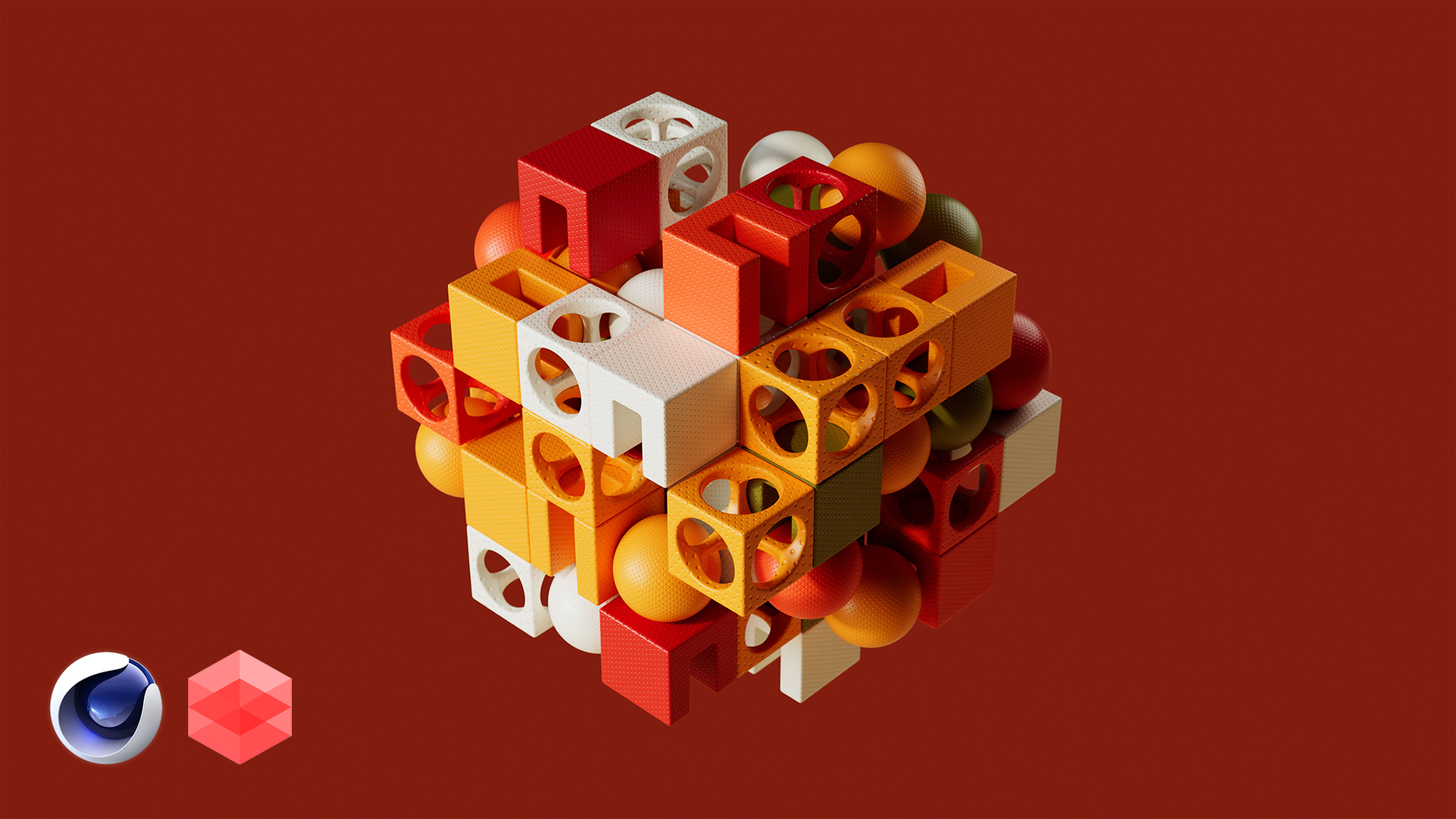
THE ULTIMATE GUIDE TO RANDOM COLOR CLONES IN C4D REDSHIFT
Learn how to create eye-catching random color clones in Cinema 4D with Redshift.

THE SECRET TO PERFECT RANDOM COLORS IN C4D
In this tutorial, Nick shows you how to add random colors to your clones and objects in your Cinema 4D Scene. Learn how to create random colored clones using Mograph Random Fields and then learn how to apply this technique to ANY material!
WANT TO LEARN REDSHIFT FOR FREE?
Sign up for a free Greyscalegorilla Plus account and get 16 hours of FREE Redshift training. Sign up here.





